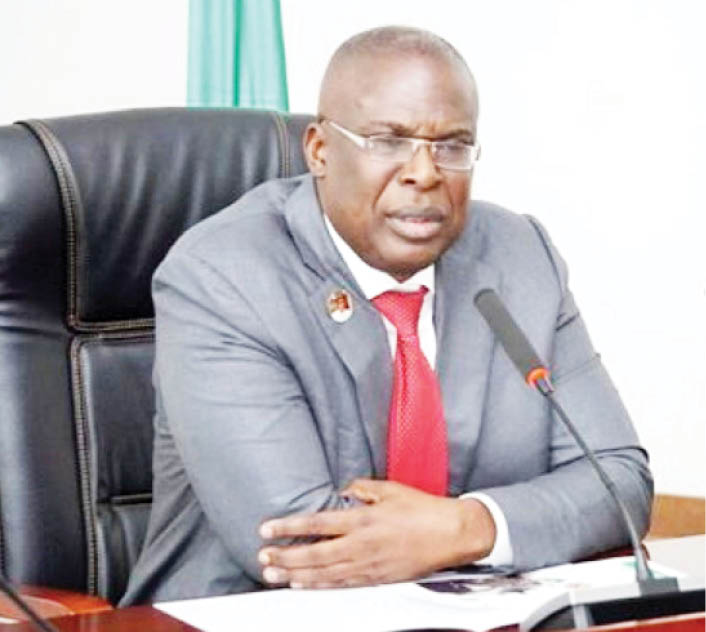The Minister of State for Petroleum Resources, Timipre Sylva’s statement that subsidy is still being paid from the foreign exchange (forex) end has left many Nigerians confused on the true state of the subsidy removal.
Although the Federal Government said it no longer pay subsidy on fuel importation after deregulating the market, Sylva’s statement has proven otherwise.
Speaking as a guest on Channels Television’s Politics Today recently, the minister said: “We are still trying to manage this bumpy start. We have not really been able to get to that 100 per cent removal of subsidy from the foreign exchange end.
“If we were to actually take it out completely and allow people to access foreign exchange from the parallel market and allow them to import the product, the price of the pump will even be more.
“The Federal Government, knowing the impact it will have on the people, decided that it is still going to manage this situation.”
But the Senior Special Assistant Media to the minister, Mallam Garbadeen Muhammad, said the minister’s statement was misunderstood as there was no subsidy payment again because the market had been deregulated.
“The minister did not say we are still subsidising by a specific amount, he said we are managing the transition. He said we have deregulated but it is something that we have to manage; there are some products that have already been bought,” Muhammad said.
“We don’t need any other conviction beyond that. What that tells us is that we have deregulated and there is no more subsidy payment,” the minister’s spokesman said.
He said what is meant by “We are still subsiding forex is that we are still managing the transition. NNPC, which is the sole importer, is not making the kind of margin it should make because we are still transiting.”
Shedding light on this, an economist, Mr Simon Samson Galadima, also said the government’s claim of subsidy removal is suspicious.
“The current government claimed it had removed subsidy. However, the same government still pegs prices. That’s a complete antithesis of subsidy-removal. As you cannot unilaterally decide from time to time the price of an item and still claim subsidy has been scrapped,” he averred.
“It’s going to be gradual and painful. Nonetheless, the subsidy scrapping will free up resources that are better utilised elsewhere,” he said.
Similarly, a petroleum industry expert, Mr Brown Ogbeifun, said the concept of price-fixing and price regulation, which is the case with Nigeria’s deregulation, makes nonsense of deregulation policies “because price is just an aspect that free-market fundamentals would determine.’’
He said: ‘’Deregulation ‘demonopolises’ a system. It allows for multiple entrants and exits. The question is, how many marketers can boast of independently bringing petroleum products into the country without taking from the NNPC?’’
He said Nigeria does not have control over the variables that determine the price of imported commodities such as petroleum products.
“Some of those variables are dollar parity to our currency, access to the dollar, cost of accessing it as loans from the banks that charge double-digit interest rate, demurrage and transhipment costs, fluctuations in crude prices, etc,” he said.
Mr Ogbeifun said the implication is that if the dollar hits N600/$ and crude price sells for $100/ barrel, marketers would not get the refined products at the current rate.
“We are already in a crisis with the recession and without adequate savings to cater for the gaps, we are likely to pay more for goods and services.”

 Join Daily Trust WhatsApp Community For Quick Access To News and Happenings Around You.
Join Daily Trust WhatsApp Community For Quick Access To News and Happenings Around You.


